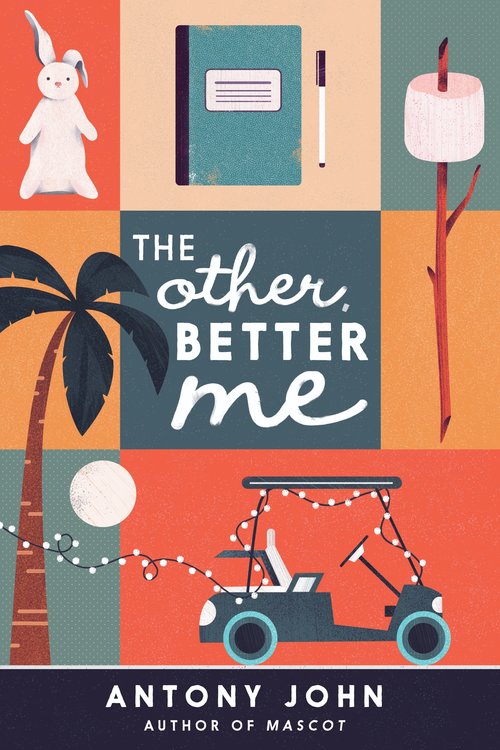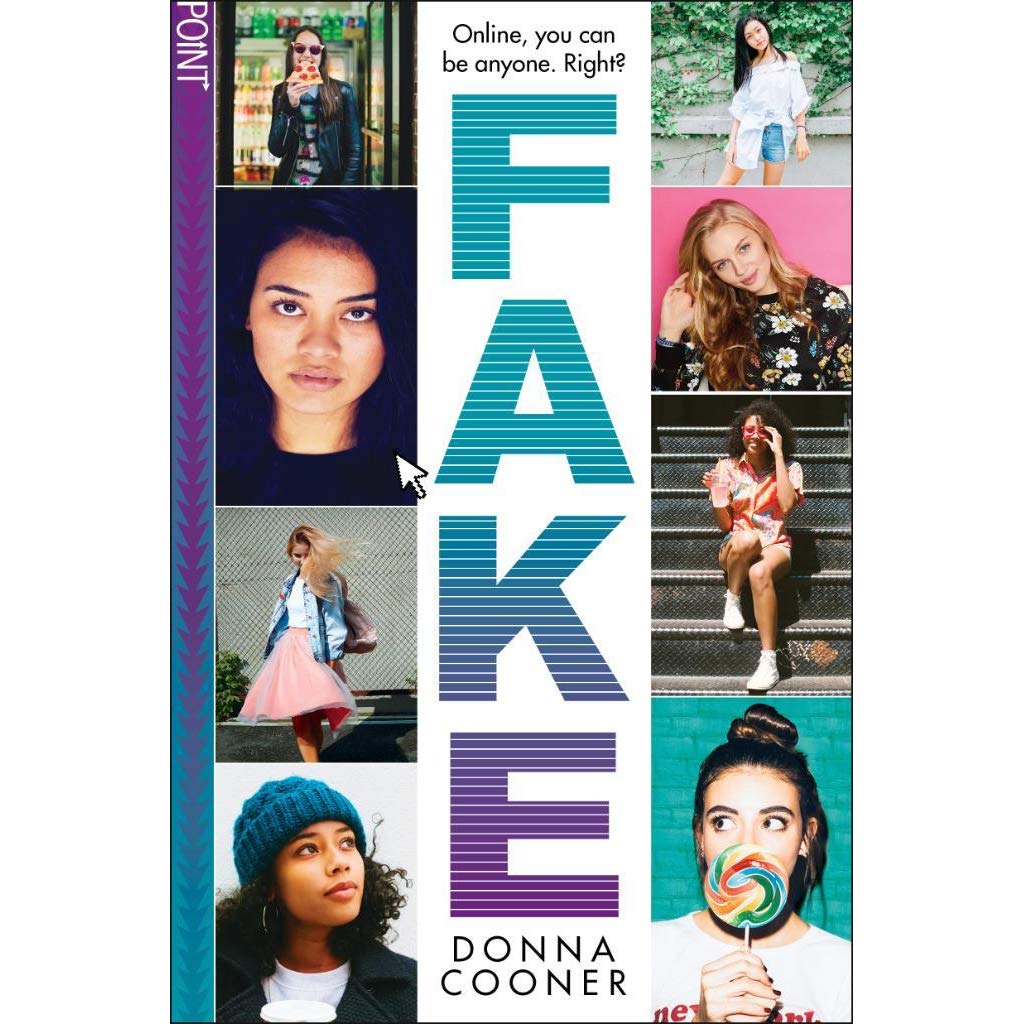The Never Tilting World
The balance between humans and nature is a recurring theme in The Never Tilting World by Rin Chupeco. In her cautionary tale about the long-lasting and detrimental consequences of man-made climate change, Chupeco also includes hope and redemption. Furthermore, she poses the question: What if the world didn’t tilt? Although the book is targeted more towards young adults than fifth graders, that’s an awesome inquiry question since fifth graders would soon discover that without Earth’s tilt, humanity would be in a sorry state. Set in both the sand-locked Golden City—where the sun is relentless and resources are scare—and in Aranth—where ignorance is a strength andRead More →




